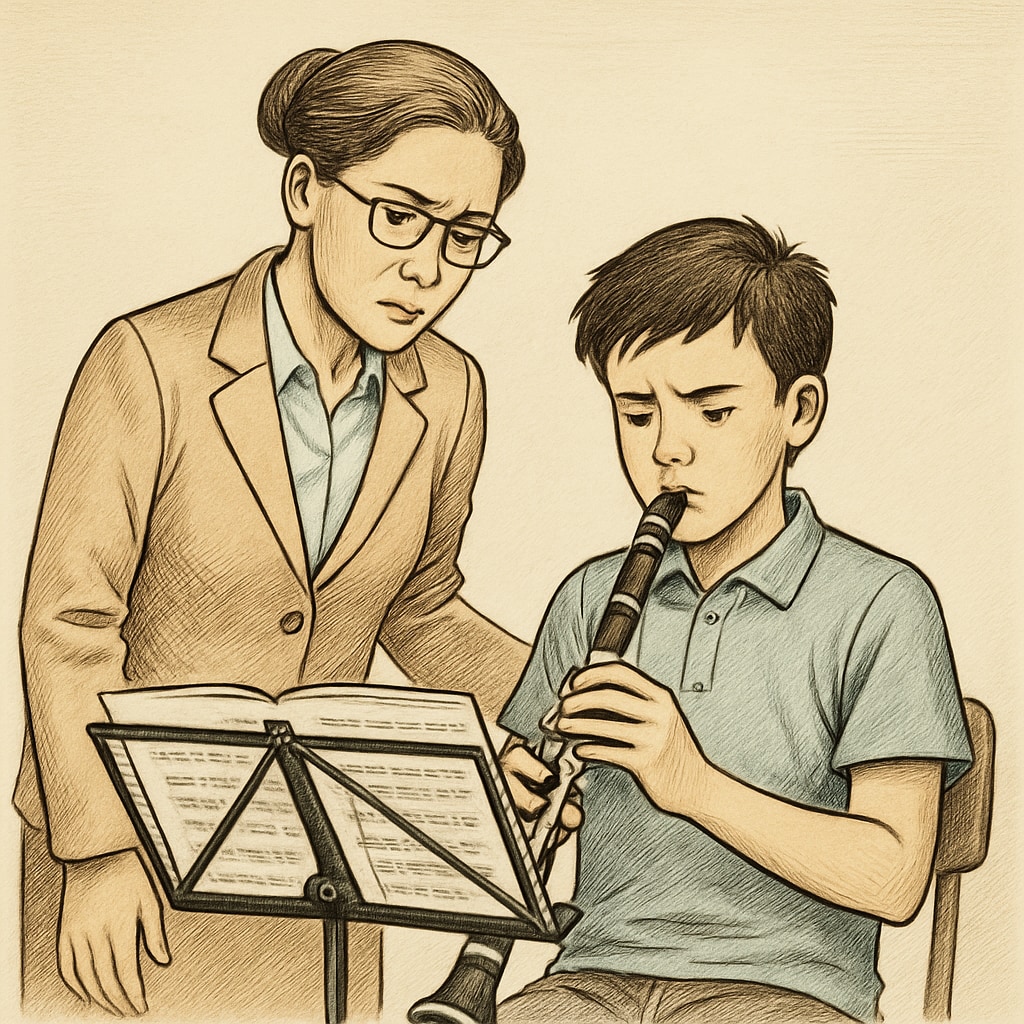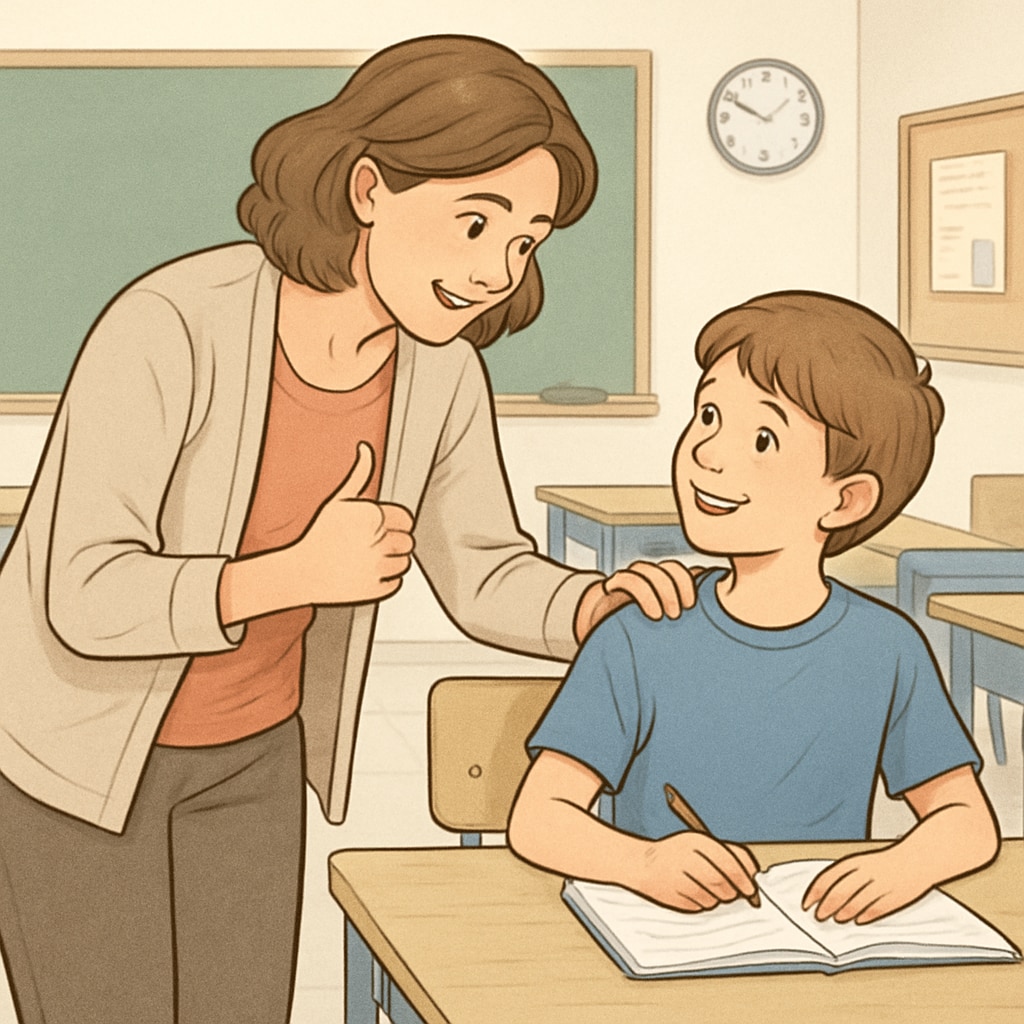In the movie “Whiplash,” the intense relationship between a perfectionist music teacher and his aspiring student showcases the ethical complexities of rigorous education. This thought-provoking portrayal raises questions about how educators can push students to their limits while respecting their emotional and psychological well-being. In K12 education, where young minds are still developing, achieving this balance is both a necessity and a challenge. How can educators pursue excellence without crossing the line into harm?
Setting the Stage: The Rigorous Path to Excellence
Rigorous education often comes with high expectations and demanding standards. In “Whiplash,” the teacher, Fletcher, uses harsh methods to draw out what he believes is the best in his students. While his approach results in moments of brilliance, it also risks alienating and damaging his students emotionally. This brings us to the core question: can the pursuit of greatness justify methods that may harm a student’s mental health?
Research supports the idea that high expectations can lead to improved student outcomes. According to Britannica’s article on education, setting challenging goals encourages children to strive for higher achievement. However, the approach must be balanced with support and encouragement to avoid burnout or psychological distress.

Empathy in Education: Nurturing Resilience
On the flip side, empathy in education focuses on understanding and addressing students’ individual needs. Empathetic educators prioritize creating safe and supportive environments where students feel valued. While this approach fosters mental health and emotional growth, critics argue that it may sometimes lack the rigor needed to push students toward their full potential.
For example, approaches like social-emotional learning (SEL) emphasize understanding a student’s emotional state and building resilience. According to Wikipedia’s page on SEL, these methods promote long-term well-being and academic success. Empathy doesn’t mean lowering standards—it means adapting them to inspire without overwhelming.

Finding the Golden Balance: A Framework for Educators
Striking the right balance between rigor and empathy requires a thoughtful approach. Educators can consider the following strategies:
- Individualized Goals: Set challenging yet achievable goals based on each student’s ability and growth potential.
- Constructive Feedback: Provide honest yet supportive feedback that encourages improvement without discouraging effort.
- Open Communication: Foster open dialogue where students feel comfortable sharing their struggles and aspirations.
- Monitor Well-Being: Regularly assess students’ mental health and adjust teaching methods as needed.
As a result, educators can ensure that their students are motivated to excel while maintaining their emotional health. This approach creates a sustainable path to success, unlike the destructive dynamics depicted in “Whiplash.”
Conclusion: Lessons from “Whiplash”
The movie “Whiplash” serves as a stark reminder of the fine line between pushing students to achieve greatness and causing harm through excessive pressure. In K12 education, this ethical dilemma is particularly critical as young students develop their identities and resilience. By embracing empathy alongside rigorous standards, educators can inspire brilliance while protecting the well-being of their students. The ultimate goal is not just success, but success achieved with dignity and care.
Readability guidance: This article uses short paragraphs, clear transitions, and actionable strategies to ensure accessibility for educators and readers interested in ethics in education.


